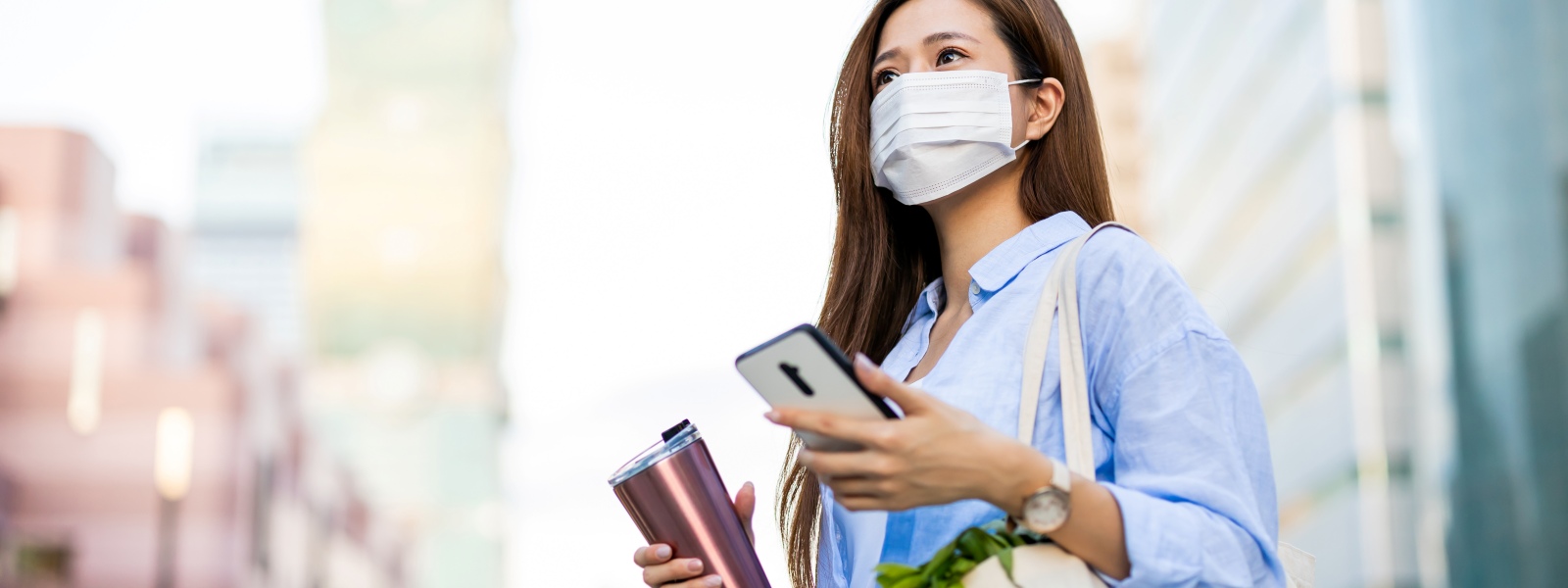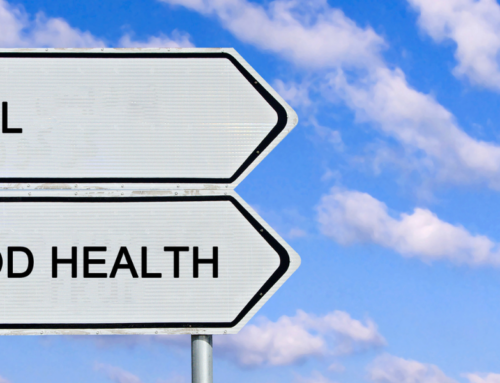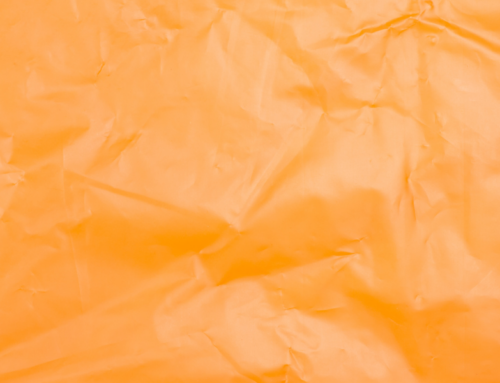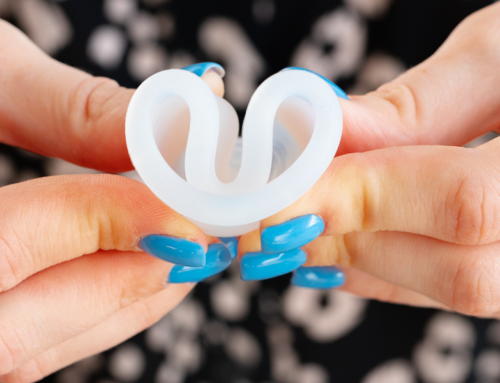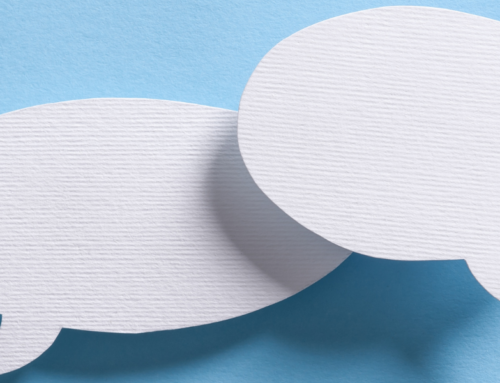Plastic-free July is here again.
Unfortunately, though, this year’s edition is going to be very different from the last ones because of COVID-19.
This pandemic has drastically changed our lives. All of a sudden, we need to limit our movements and adjust our routines. It may not seem obvious at first, but all these changes actually impact our environment.
The skies may have looked better these past few months, but that does not mean our Earth is healing. In fact, we are still producing a lot of waste.

Apart from personal protective gear like masks, gloves, and face shields, single-use plastics have been more in demand as well. Due to fear of cross-contamination among individuals, many have been more reliant on disposable tableware and plastic cups and bottles. Plastic bags have also regained their popularity.
Whether we like it or not, our increasing dependence on these products has a long-term effect on our environment.

So what do we do now?
Here in the Philippines, it does not seem like the virus is going to vanish anytime soon. This just means that we can’t go back to our old routines yet.
However, it also does not mean that we cannot do anything about plastic pollution. Although it makes a lot of sense, there are still ways we can take to be mindful of the long-term wellbeing of our planet.
Here are some tips to help lessen plastic waste:
Refusing unnecessary disposables
It’s understandable that many have been more reliant on food deliveries these past few months. Apart from personal preferences, having the eagerness to help food businesses stay afloat is also good.

Yet, to avoid generating more plastic waste, why not refuse unnecessary disposables like plastic utensils and cups, especially if you are just eating your food at home?
This way, you are not only avoiding additional plastic waste, but you are also helping the establishment lower its operational cost.
Using reusables when buying goods
Using eco-bags in place of disposable plastic bags may seem too simple, but it goes a long way. Just imagine the amount of plastic bags you can avoid within just a year. Sure, you can keep doing this even in the midst of a pandemic.
You may also use reusable produce bags when going to the market. Instead of using several small plastic bags for different types of produce, you may simply organize your purchases with the help of reusable produce bags.

Fortunately, there are still some supermarkets that let shoppers use reusable containers for wet goods. You may check if your go-to supermarket is fine with these containers, too.
Rethinking your purchases
Due to lockdown restrictions, more people have been dependent on online shopping. Although convenient, it leads to the production of more plastic waste.
Most companies use single-use plastics for parcels, which means that the more you buy from them, the more waste you produce.
Of course, mindless consumerism is a monster of its own. When people keep buying things they think they need but really don’t, they are accumulating clutter.
As we know, many of these materials end up in landfills, too, in the long run.

So how about rethinking your purchases? Think if you really need it before you “add to cart.”
Or, maybe there are other means to acquire such an item, such as buying from second-hand stores and joining barter groups.
Practicing recycling more carefully
You may still practice recycling. So far, there are still some groups accepting recyclables, including eco-bricks.
However, you need to be extra careful this time. You have to take more steps like cleaning and disinfecting recyclables before throwing them into the recycling bin.

Continuing use of menstrual cup and convincing more people to do the same thing
Unfortunately, periods don’t stop just because there is a pandemic.
It just means that as a menstruating individual, you can keep on producing more waste, unless of course, you start using a more sustainable period product like the menstrual cup.

Sure, it would be cooler if you’d be able to convince more people to do the same thing.
What about those single-use plastics you cannot avoid, such as disposable masks, gloves, and other PPEs? Well, you need to at least dispose of them properly.
Apart from caring about the environment, you have to be more considerate when it comes to the well-being of garbage collectors or anyone who may have to handle your trash.


